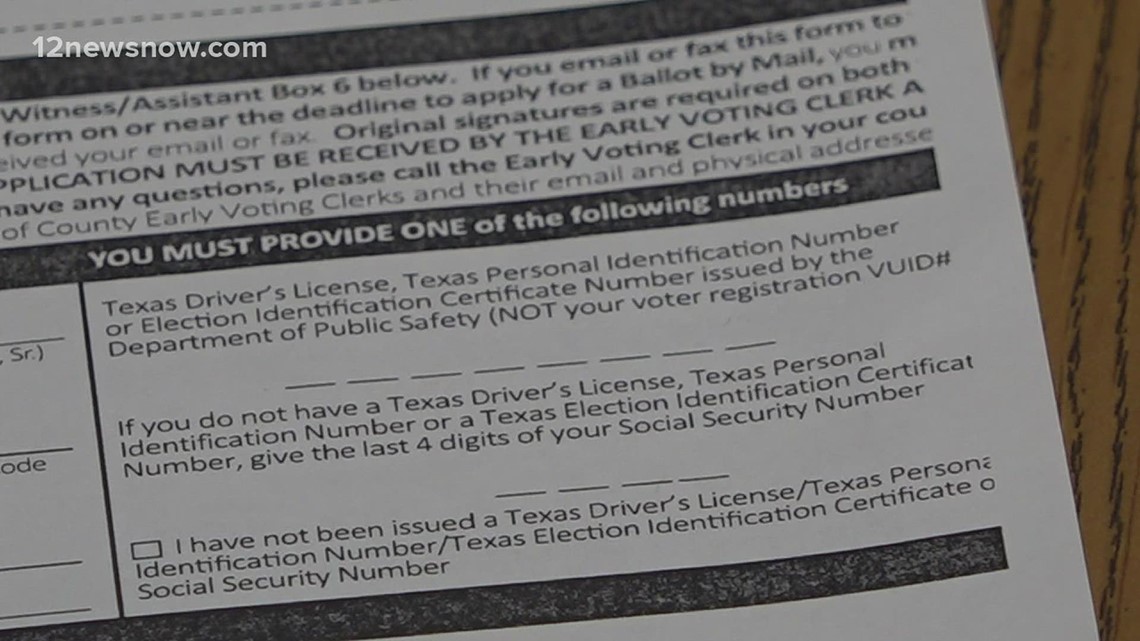Paperless electronic voting on touch screen machines does not provide confidence to ensure votes are counted the way voters intend.
The software on which votes are counted is protected as a corporate trade secret, and the software is so complex that if malicious code was embedded, no analysis could discover it. Further, because there is no voter verified paper record, it is not possible to audit the electronic vote for accuracy, nor is it possible to conduct an independent recount. This is a grotesquely designed, over-complicated, expensive system fraught with the potential for mistakes and undetected fraud. We should not trust the future of our nation to such malleable technology.
On July 23, 2003, the Johns Hopkins Information Security Institute reviewed the electronic voting system in Maryland and found that it had security far below even the most minimal security standards.
In the IEEE Symposium on Security and Privacy 2004, four top computer scientists from the University of California, Johns Hopkins University, and Rice University similarly critiqued Diebold’s voting system:
"We found significant security flaws: voters can trivially cast multiple ballots with no built-in traceability, administrative functions can be performed by regular voters, and the threats posed by insiders such as poll workers, software developers, and janitors is even greater. Based on our analysis of the development environment, including change logs and comments, we believe that an appropriate level of programming discipline for a project such as this was not maintained. In fact, there appears to have been little quality control in the process.
"…The model where individual vendors write proprietary code to run our elections appears to be unreliable, and if we do not change the process of designing our voting systems, we will have no confidence that our election results will reflect the will of the electorate."
Computers are inherently subject to programming error, equipment malfunction, and malicious tampering. If we are to ensure fair and honest elections, and retain voter confidence in our democratic process, we need to ensure that there are no such questions.


:watermark(cdn.texastribune.org/media/watermarks/2022.png,-0,30,0)/static.texastribune.org/media/files/9d7cb7a9962f251f82822770ed73f331/HTX%20Mail-in%20Ballot%20NRG%20PYH%20TT%2001.jpg)